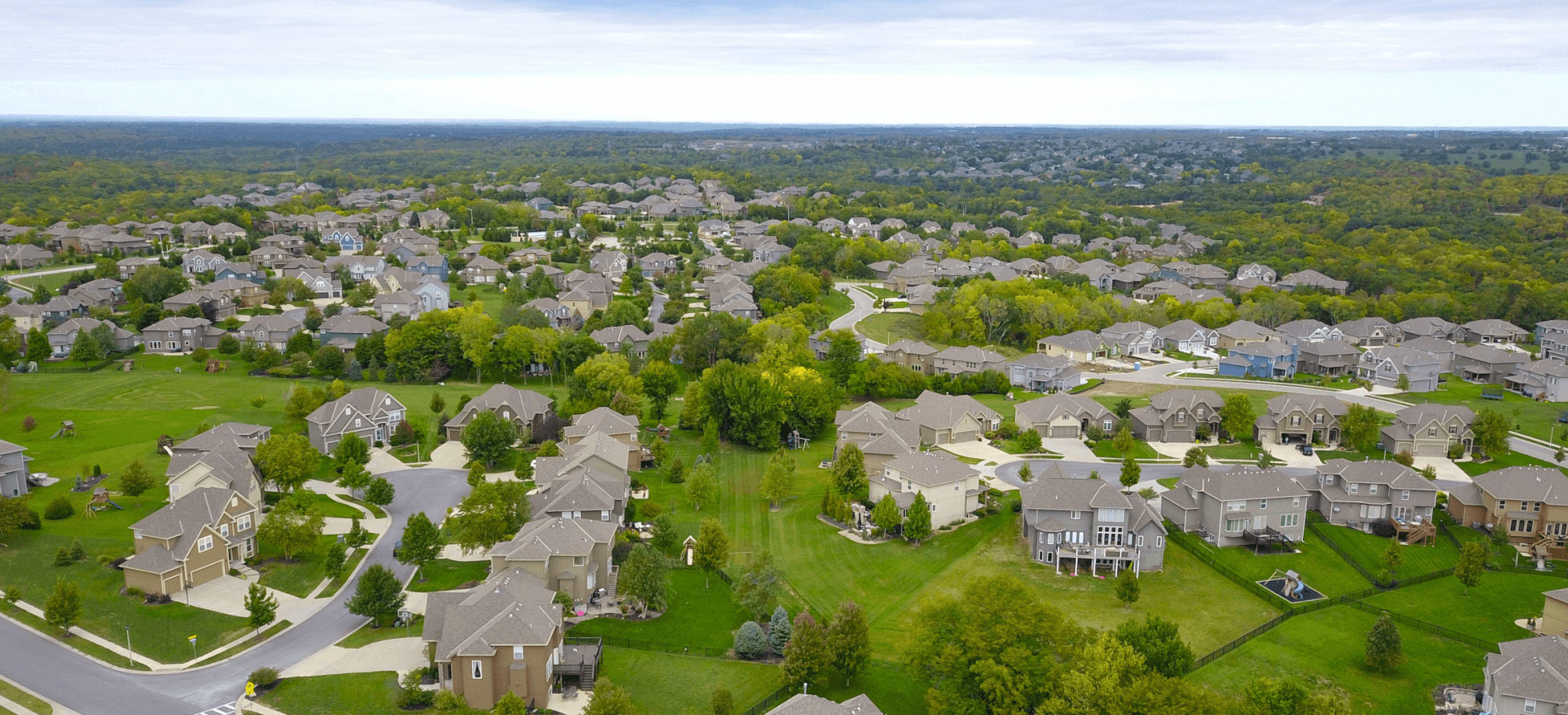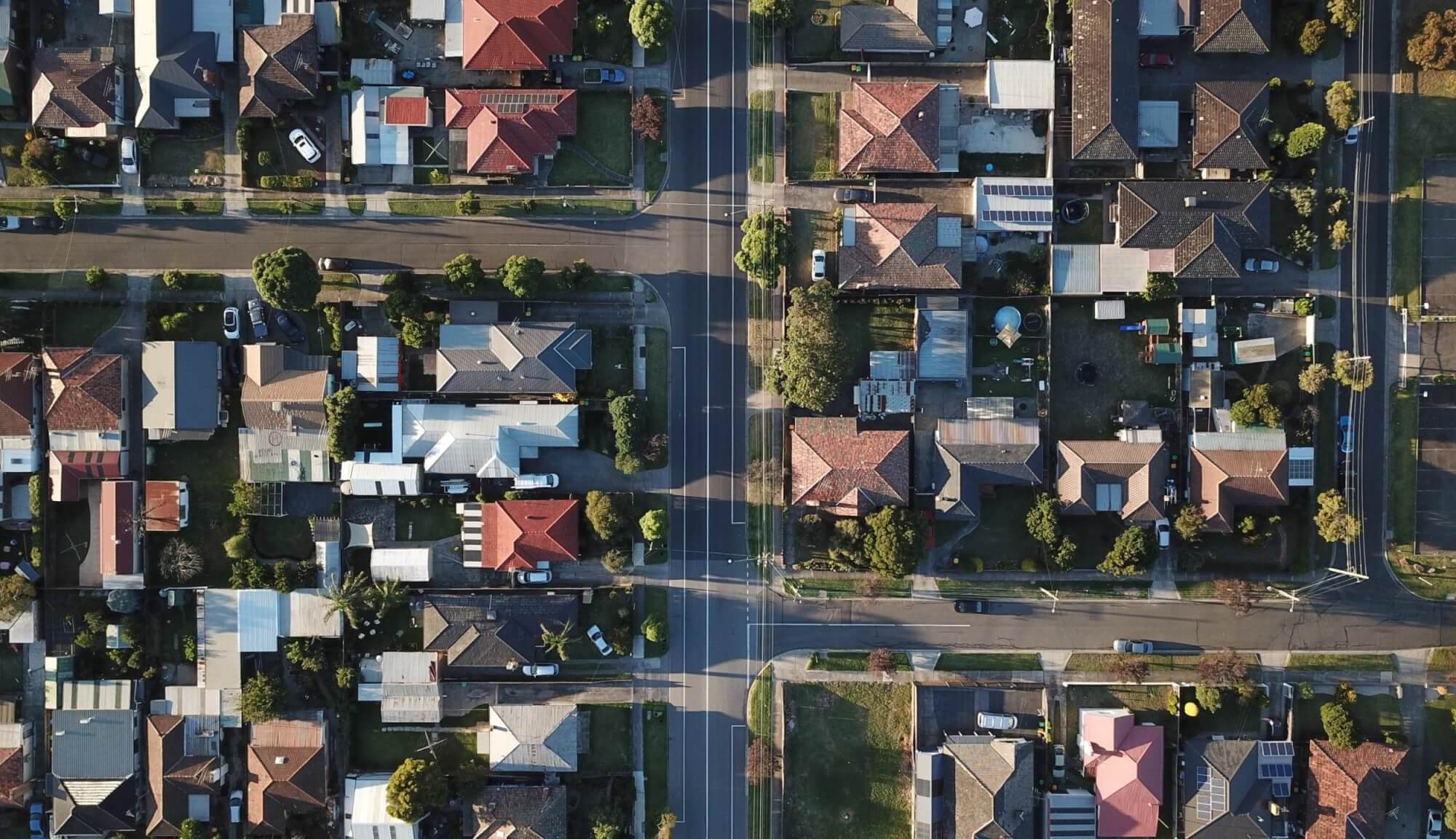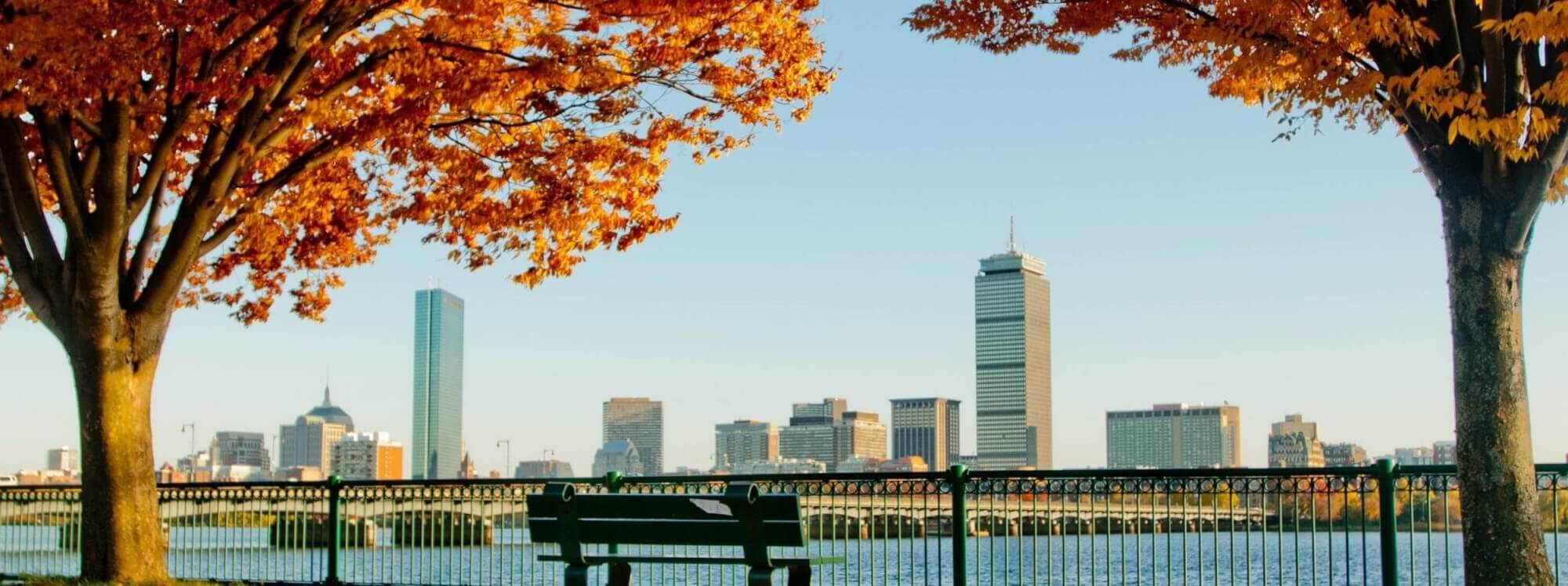BOSTON (Oct. 22, 2019) Hometap, which provides a smart, new loan alternative for tapping into home equity without taking on debt, announced today the results of its first annual Hometap Homeownership Study, a comprehensive look at housing costs and affordability for U.S. homeowners. 675 U.S. homeowners participated in the survey, conducted in June 2019 by online polling firm AYTM.
Results of the survey illustrate that rising housing costs across the country and worsening income-to-mortgage ratios are causing nearly 20 percent of U.S. homeowners to classify themselves as feeling “house rich, cash poor” most or all of the time, impeding their ability to achieve other important financial goals. Many of those homeowners are pessimistic about this issue improving anytime in the near future, and are struggling to find solutions for it.
“We knew there were pockets of homeowners who felt house rich, cash poor — we see that every day in our work — but were surprised to find that 1 in 5 feel that way so often,” says Jeffrey Glass, CEO of Hometap. “Mortgage rates are at historic lows, which is encouraging more people to buy, but despite 45 million homeowners with excess equity, we’re seeing really conservative behavior — perhaps a lasting effect of the 2008 financial crisis. Unless wages start to rise relative to home values, we’ll see more homeowners falling into the house rich, cash poor category.”
The results of the survey identified three major U.S. homeownership trends, analyzing both nationwide averages and generational differences:
U.S. homeowners are burdened with the feeling of being house rich, cash poor, the uncertainty of future income, and home maintenance costs.
- Nationally, 19.5 percent of homeowners feel “house rich, cash poor” most or all of the time.
- 73 percent of homeowners (3 out of 4) feel “house rich, cash poor” at least some of the time.
- The main stressors for homeowners are uncertainty of future income (cited by 82 percent) and anticipated costs of home maintenance and repairs (81 percent).
Millennial homeowners are struggling to achieve financial goals, and are focused on helping their children (or future children) avoid similar setbacks.
- 60 percent of Millennial homeowners agree/strongly agree that housing costs make it difficult to achieve their financial goals.
- 19 percent of Millennial homeowners (about 1 in 5) say that 50-100 percent of their monthly income goes toward their mortgage payment.
- 36 percent of Millennial homeowners (about 1 in 3) are also paying off student loans.
- Millennial homeowners were most likely to be stressed about saving for children’s college (42 percent) and helping children buy a home someday (15 percent) compared to Gen X and Baby Boomers.
Homeowners expect the house rich, cash poor epidemic to get worse.
- 66 percent say housing costs are rising faster than income.
- 77 percent expect that gap to get worse.
- 57 percent said they can’t find solutions to alleviate being house rich, cash poor.
- 73 percent don’t want to take on more debt through traditional financing options such as home equity loans.
- 12 percent (1 in 8) say they would not be able to get a loan or sell house.
While the “house rich, cash poor” epidemic appears to be impacting homeowners across generations fairly equally, millennials are taking the biggest hit in terms of the impact this issue is having on their ability to achieve other financial goals — many of which relate to helping their children with future financial investments, such as college tuition and purchasing a home.
“This may be surprising to some, since Gen X homeowners would presumably have children getting ready for college and/or buying their first home,” says Glass. “But because many Millennials are saddled with more student debt than previous generations, I believe they are highly motivated to help their children graduate college with little or no debt to avoid many of the financial stresses that they’ve endured.”
“This study from Hometap makes clear that homeowners think there’s a problematic gap between housing costs and income,” says Jeremy Sicklick, CEO of HouseCanary, “but what homeowners need to keep in mind is that on average home values tend to increase steadily across the U.S. It seems likely that homeowners will start to see their properties as usable financial assets that allow them to be more authoritative in managing their financial situations.”
To download the full report, “Is Homeowner Debt Getting Worse? A Look Inside the House Rich, Cash Poor Phenomenon,” which has detailed data including breakouts for six major cities (Boston, Charlotte, Denver, Los Angeles, Orlando and San Francisco).
About Hometap
Hometap is a smart new loan alternative for tapping into home equity without taking on debt. Homeowners receive debt-free cash by selling a percentage of the equity in their homes to Hometap. They can use the cash for anything, from paying off credit-card debt to starting a business to buying a second home. When the home sells or the homeowner settles the investment, Hometap is paid out an agreed-upon percentage of the sale price or current appraised value. Learn more at https://www.hometap.com/.
Take our 5-minute quiz to see if a home equity investment is a good fit for you.






